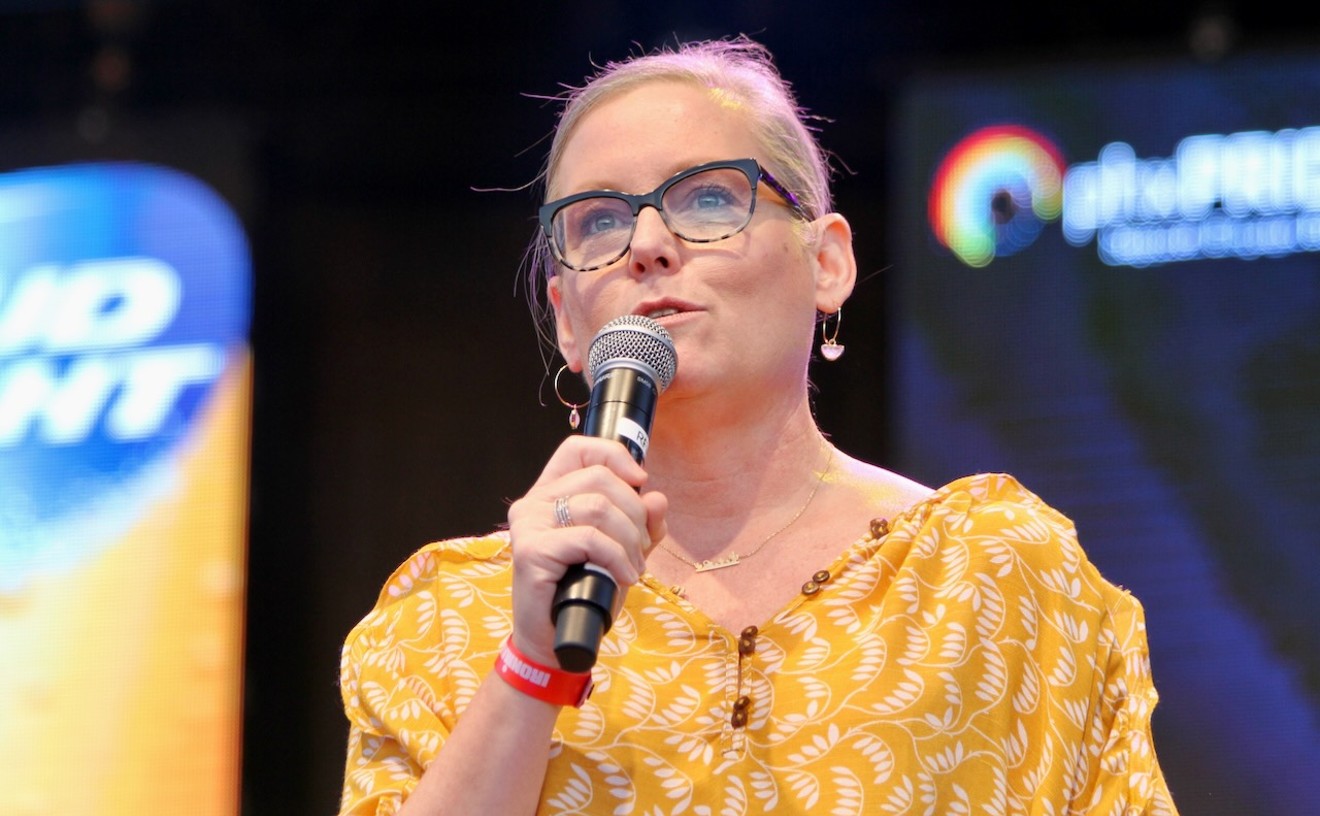Glendale Mayor Jerry Weiers was among several individuals who testified before a U.S. Senate Committee on Indian Affairs on Wednesday regarding plans by the Tohono O'odham Nation to build the West Valley Resort, a resort-style casino near 91st and Northern avenues.
Although Weiers had pledged to convey the city's newfound support for the Nation's proposed casino and gaming on their swath of land, he devoted two sentences to Glendale's official stance in his nearly six-minute speech.
See also: -Major Reversal: Glendale Declares Support for Gaming on TON West Valley Land -Federal Judge Affirms Arizona Gaming Compact Does Not Ban New Casinos in Valley -Arizona Congressman Proposes Narrow Measure to Block TON's Casino
In fact, he tried to dilute the city's support for gaming and the Nation's project by telling the committee chairman that the only reason Glendale now supported the casino and gaming is because "just recently one council member switched his vote."
"My point I'd like to make is, 'Should one person make a difference for the entire state and affect all the Native American tribes we have in Arizona?' I think not," Weiers told the committee.
Indeed, Weiers thinks not.
Weiers' belief that "one person" -- in this case, Councilman Gary Sherwood who switched his position and now supports the casino project -- shouldn't make a difference is beyond ridiculous. And, quite hypocritical given that Weier's wasn't making that argument when that "one person" was tilting the scales against the Nation's West Valley Resort and Casino.
Weiers told the committee that "last week, after the Interior Department's decision to take T.O.'s land into trust, the City Council voted 4-3 to repeal our 2009 resolution opposing the casino and passed a new resolution. This new resolution says that Glendale 'does not object to the Trust Land being utilized for gaming.'"
But he fell short of his pledge to clearly represent the official position when he started speaking on behalf of the City Council as a whole:
He testified that "with few choices left, a slim majority of my Council felt that we had to come to the bargaining table with T.O. Our choice was not ideal: continue to fight and hope for action from this body, or give in to this casino being forced on us. It is frustrating to be a city of our size and have no voice on a casino proposed by a tribal government more than a hundred miles away."
Our choice was not ideal? Give in to this casino being forced on us?
It's clear that a majority of the Glendale City Council is welcoming this casino with open arms, and yet Weiers characterizes it as though they're being trampled upon. Councilman Sammy Chavira, who attended the hearing in Washington, D.C., says that he doesn't believe Weiers did a fair job portraying the city's official stance.
"I don't believe that this casino is being forced on us at all," he says. "It's a great economic development opportunity, and a chance at employment for thousands of people."
Weiers also asked the committee to take swift action on H.R.1410, the Keep the Promise Act, so it could be voted upon. The bill, sponsored by Arizona Congressman Trent Franks, is narrowly written to effectively kill the Nation's casino.
"I urge this Committee to approve H.R. 1410 so that it may be quickly adopted by the Senate," Weiers said, but he did not mention in his testimony that the Glendale City Council also adopted a formal resolution objecting to Franks' proposed law.
We called Weiers' office for comment, but were told he was on a plane heading back from Washington, D.C.
Weiers, like other opponents, spent much of their time at the U.S. Senate Committee on Indian Affairs's oversight hearing, "Indian Gaming: The Next 25 Years," regurgitating the same agreements they've already lost in U.S. District Court.
Opponents said that promises were made to Arizona voters that there would be no new casinos in the Phoenix area. They said that if the TO's casino is allowed, then it will unravel the gaming compacts voters approved in 2002 and lead to Las Vegas-style gaming throughout Arizona.
Ned Norris, chairman of the Tohono O'odham Nation, said that he was not there to "re-litigate the agreements that the opponents have already raised in front of a federal judge."
"The federal court has already ruled on every single legal challenge the opponents have raised on this issue," Norris said. "The federal courts have already ruled that there were no promises made. The federal courts have already ruled that there was never any agreement. The federal courts have already ruled that we will not violate the current compact."
Got a tip? Send it to: Monica Alonzo.
Follow Valley Fever on Twitter at @ValleyFeverPHX. Follow Monica Alonzo on Twitter at @MAD_Blogger.










